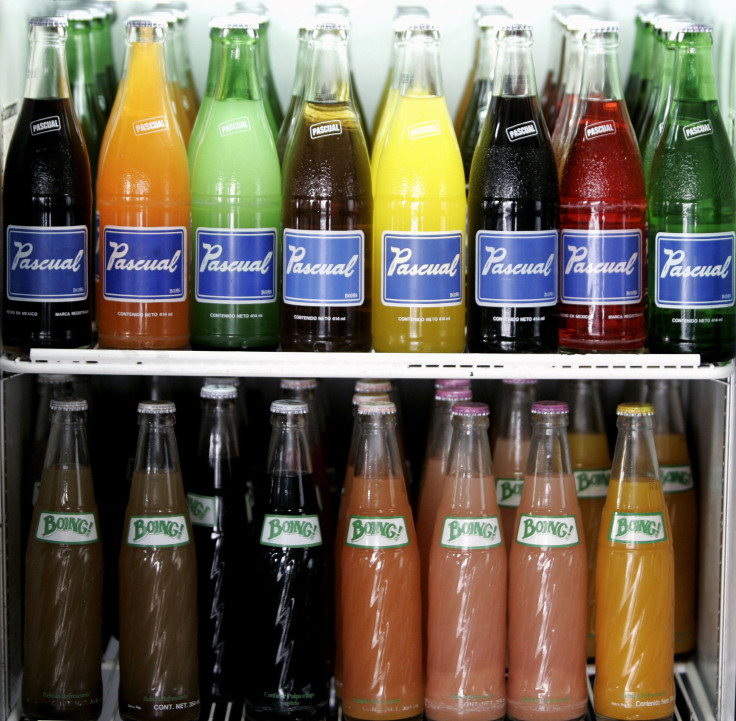Here’s How Much A Sugary Beverage Tax Dropped Consumption Of Sugar-Sweetened Drinks In Mexico

In order to combat an alarming rate of obesity and the ensuing ill health effects of sugary drinks, Mexico began charging consumers extra for sweetened beverages at the start of 2014. Now with a year’s worth of data to go on, researchers have found solid evidence that the modest tax had a measurable decrease in the public’s consumption of drinks that can contribute to obesity, diabetes and premature death.
In a coordinated study, the Mexican National Institute of Public Health and the University of North Carolina found that a roughly 10 percent tax on beverages that contain added sugars -- including Jarritos and Sidral sodas, Jumex fruit nectars and, of course, Coca-Cola – led to an average 6 percent decline in demand in 2014.
“After years of speculation, we now have direct evidence that taxing liquid sugar is an effective way to reduce consumption,” Harold Goldstein, executive director of the California Center for Public Health Advocacy, said in a statement Tuesday. “The greatest change occurred in the most vulnerable low-income households, where consumers were able to cut consumption by 17 percent.”
The study, which looked at household groceries spending in 53 Mexican cities, showed a 4 percent increase in purchases of untaxed beverages, meaning the tax encouraged consumers to shift their dietary habits toward diet soda, natural juices that don’t have extra sugar added, or waters.
It was the first such measurable decline in Mexico, a country with one of the highest annual per capita intakes of sugary drinks, at an alarming 43 gallons. Between 1989 and 2006, consumption of these potentially harmful beverages increased 60 percent in Mexico, the study claims.
The consumption of sugars in Mexico has led to a health crisis. The Mexican Institute for Competitiveness estimates the average Mexican suffering from diabetes spends nearly $300 more on medical care than he or she earns in a typical year (which means public health services absorb most of the costs), and many are suffering premature death.
Last year,Berkeley, California, became the first U.S. city to pass a soda tax similar to Mexico’s. Unlike Mexico, the U.S. doesn’t have a national sales tax, so these measures would have to be passed at the local level, and would be met by opposition in parts of the country where the public is strongly averse to state rules aimed at controlling lifestyle choices in the name of better public health.
© Copyright IBTimes 2025. All rights reserved.






















